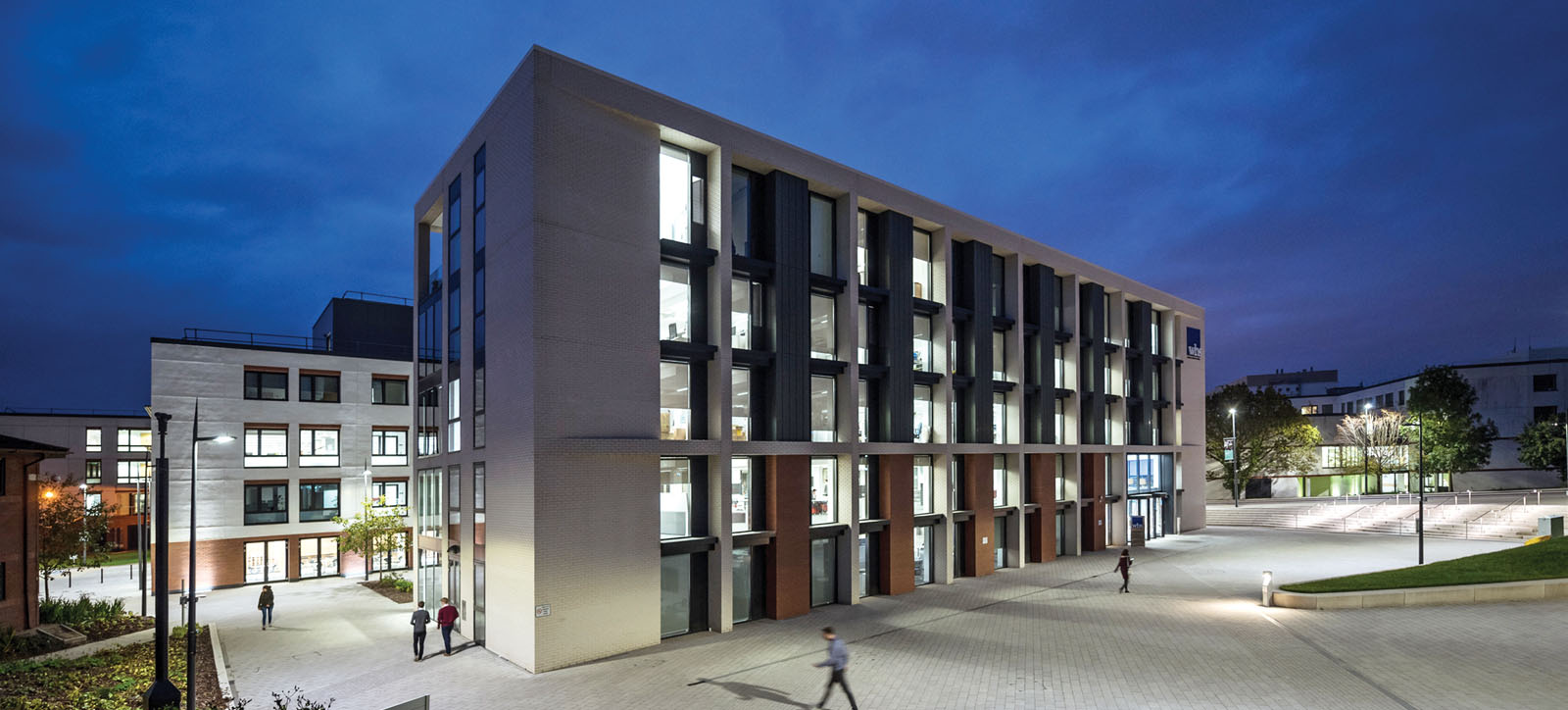
Warwick Business School will work with Warwick Medical School on the £5 million scheme
Warwick Business School is taking part in a £5 million project to tackle inequality and improve health outcomes across Coventry.
The business school will be working with Warwick Medical School after the University of Warwick was announced as one of the partners in Coventry City Council's £5 million scheme.
The funding has been awarded by the National Institute for Health and Care Research (NIHR) to create a pioneering Health Determinants Research Collaboration (HDRC) in the city.
It’s part of a wider £50 million investment across the country, aiming to boost local authorities’ capacity and capability to conduct high quality research. The HDRC will help to stimulate economic growth, particularly in some of the most deprived areas of the country and contribute to the UK Government’s plans to take action for the longer-term resilience of the health and wealth of the country.
Graeme Currie, Professor of Public Management at Warwick Business School, said: "The involvement of Warwick Business School in this initiative reflects our mission to address the most challenging societal issues.
"In this case, with Coventry City Council and other partners, we will be targeting public health intervention towards meeting the needs of vulnerable populations in the region.
"Drawing upon Warwick Business School research, we aim to cultivate the evidence-based and collaborative culture across providers of public services to meet their needs.
"Our research expertise regarding how to cultivate an evidence-informed and collaborative culture across public services delivery partners is central to the HDRC."
Warwick’s input will be into the overall design of the programme, with Paramjit Gill, Head of Health Sciences at Warwick Medical School, as HDRC research lead. Academics from Warwick will provide training to council colleagues to help them embed and deliver the research.
Professor Gill, Head of Health Sciences at Warwick Medical School, said: "We are delighted to be working with Coventry City Council and partners on this exciting opportunity to address the underlying causes of widespread inequalities in our city.
"We hope to significantly contribute to effective solutions by embedding research culture within our partner organisations; enabling and empowering them to make a real impact on the lives of our local community."
As well as Warwick Business School and Warwick Medical School, the ground-breaking work includes Coventry University, University College London and University Hospitals Coventry and Warwickshire, as well as a range of partners within the community.
The new partnerships, spanning the length and breadth of the UK, follow a major drive for enabling research to address wider determinants of population health and health inequalities, explicitly responding to the needs of local under-served groups and areas. Examples include facilitating research to better understand and introduce interventions to help with childhood obesity, Covid recovery, mental health and drug use.
Cllr Kamran Caan, portfolio holder for Public Health and Sport at Coventry City Council, said: "There is a true One Coventry approach to this exciting piece of work as it will be delivered in partnership with collaborators.
"This presents a really exciting opportunity to strengthen the research culture, capability and capacity across our organisations. It will enable us to more deeply understand the wider determinations of health so that we can seek ways to find solutions to the health inequality challenges that exist within and across our communities."
Each HDRC will enable its host local authority to become more research-active, by giving local government the opportunity to focus time and energy on planning and designing research. Every collaboration will be set up in partnership with a Higher Education Institution, capitalising on experience within local government and the research skills of the academic community.
This will support the development of expertise, and generation of research evidence, creating a cycle of evidence-informed interventions aiming to improve the health of the public.




 X
X Facebook
Facebook LinkedIn
LinkedIn YouTube
YouTube Instagram
Instagram Tiktok
Tiktok